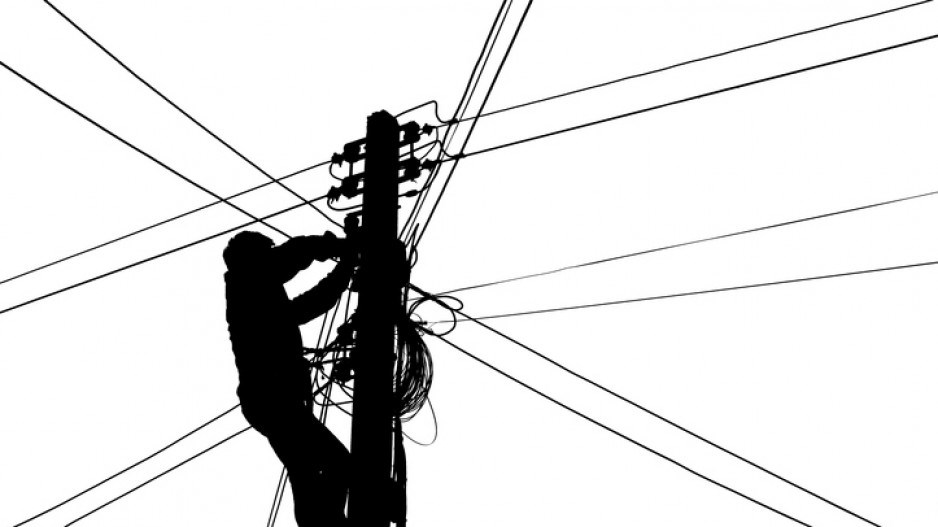It’s right there in the name of the job: field workers — a segment of the workforce that by its nature won’t be getting swept into the work-from-home movement that’s accelerated since the outset of the pandemic.
“They can't stop going into the field. They can't stop going into customers’ homes if there's a gas leak suspected,” said Carol Johnston, vice-president of product at Richmond-based software firm Clevest Solutions Inc.
Clevest’s mobile app dispatches workers — primarily those employed at energy and water utilities — to job sites.
Since the pandemic, the company adapted its platform so workers can remain within a static or small bubble of colleagues instead of joining multiple crews throughout the day, lessening the risk of spreading COVID-19 if one co-worker is exposed.
It’s partnered with Darwin Labs Inc., a Vancouver-based digital health company, to facilitate daily health check-ins through Clevest’s platform and monitor the potential for exposure to COVID-19.
If a worker has tested positive, the app can track other workers who may have also been exposed, be it at a job site or in a shared vehicle.
Other B.C. companies have also taken to rethinking their existing tech to adapt to health risks facing workers who must attend to a job site.
Vancouver-based Proxxi Technology Corp., which makes specialized wearables, is shipping wristbands to construction sites that alert workers if someone who is also wearing the wristband will soon be in close contact.
The US$100 devices talk to each other and deliver brief vibrations to wearers when they are in close proximity of others donning the bands.
“If someone just came to us [for] a greenfield solution, this would be months of development,” Proxxi CEO Campbell MacDonald told BIV in April.
The company had already developed wristband devices with voltage sensors that warn workers if they are in close proximity of energized equipment, so the necessary hardware, firmware and manufacturing expertise in place to launch the new bands swiftly.
In the event someone on the job site becomes a COVID-19 risk, data from the bands can be reviewed to determine if others came into close proximity with the at-risk individual.
The devices do not track movements on a job site and no sensitive employee data is kept on the bands.
Johnston said Clevest also benefitted from having most of the necessary tech in place — save for the health check-ins — to swiftly develop the new software offering.
“Imagine the burden on your HR team where you've got anywhere from 500 to 5,000 workers all taking their temperatures on a daily basis and having to call it in,” Johnston said.
“We're anticipating second wave. And there's going to be other [health crises], whether it's bird flu, or swine flu or COVID-19. This will come up again.”




